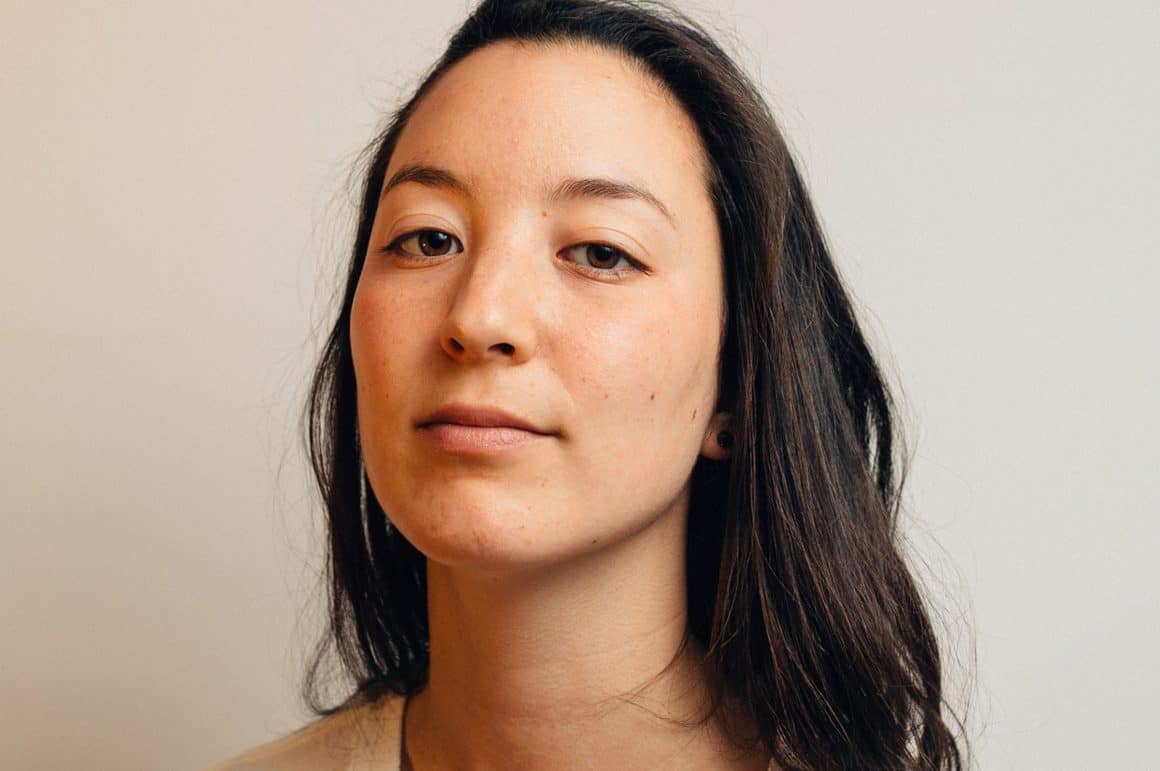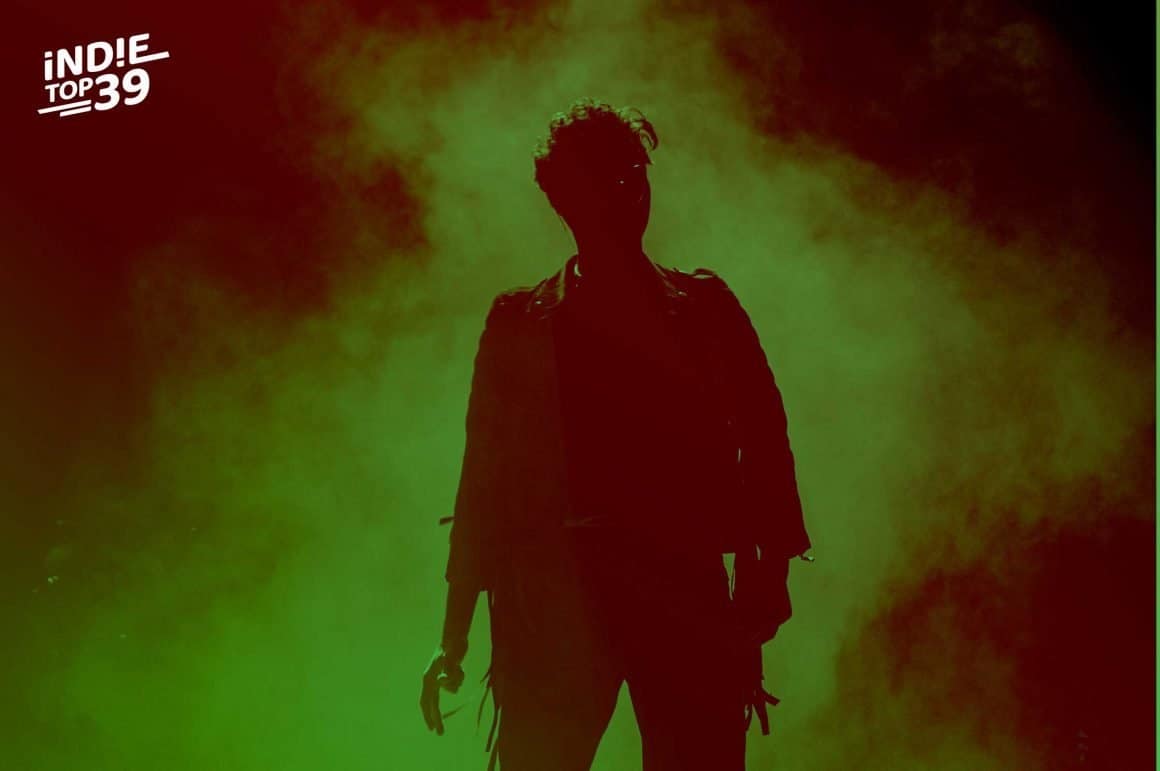As a classically trained cellist, and a prodigious session musician, Midori Jaeger always knew that there was something more that she wanted to do with her music career. After leaving The Royal Academy of Music, she decided to change her musical direction, but kept her trusty cello alongside her. The result is a brand new, incredibly beautiful EP entitled See, Touch, Kick and Sweat. Collaborating with world-renowned producer, Felix Higginbottom, Jaeger dissects life changing moments in each individual song. We were delighted when she agreed to be interviewed, so without further ado, please welcome Midori Jaeger.
We’re so excited to introduce you to our audience! Could you tell us a bit about your musical journey and how you got to where you are today?
Hi! I’m a classically trained cellist turned folk/jazz/soul singer-songwriter. I started playing the cello when I was 8 thanks to a program in my school where everybody was able to learn either cello or violin.
Throughout my classical music training I always knew something was missing and that I wanted to create my own sounds and sing.
Midori Jaeger
I never sang in front of people until I was in my 20s and now this is where I feel most at home.
I’ve had your brand new EP, See, Touch, Kick and Sweat, on repeat the whole day. It’s truly beautiful. What song from the EP are you most proud of?
Thank you, I’m very glad you’ve enjoyed the EP. I’m probably most happy with how the track ‘See’ turned out. It came from a riff that I improvised on the cello, which I didn’t even think would turn into a song, but I think the finished track has a mood I hadn’t previously explored.
Why the cello?
I was lucky enough that my school offered a program of group lessons in cello or violin. I remember seeing about 15 violins and 5 cellos, so that’s when I immediately knew I was drawn to the cello; it seemed more special. When I look back now it’s funny to think that it was quite an arbitrary choice as we were literally required by the school to learn one of those instruments. I remember liking the cello’s size and the fact that it could play both low and high.
Everyone’s lockdown experience was different. How did the world shutting down affect you?
I feel extremely fortunate to be able to say that I found the shutting down of the world strangely calming.
Midori Jaeger
I have people I’m very close to, whom I was able to be in touch with, and this really helped. London life as a gigging musician can be hectic and I actually appreciated having to be in only one place, and finding interest in the limited activities around me such as cooking, playing and writing music, reading, exercise and talking to friends. My introverted side was able to come to the fore, and I was able to look inwards emotionally quite a lot, with no short-term distractions, which helped me write music. That being said, of course there were difficult patches, but I was comfortable with where I was living with my then partner, and this helped. Midori Jaeger
Your overall sound is so unique and original. What musical influences do you credit for help shape your sound?
Thank you. Most of my songs start from an improvised cello riff and a vocal line above it. I basically write just by playing random stuff and recording the bits that I think have potential. Compositionally, I think I am influenced by classic folk songwriters like James Taylor as well as instrumental classical music by composers such as Bach and Mahler, and (broadly speaking) ‘jazz’ music by people like Tigran Hamasyan and Avishai Cohen. But in terms of production, I honestly don’t know what I draw upon because it’s so unconscious. I listen to a lot of rhythmic instrumental music (hip hop, electronic music) and drums/percussion are very important to me in a mix.
I like the idea of the instrumentals of a track carrying lots of interest, not simply being an accompaniment for the vocal.
Midori Jaeger
If you could change one thing about the music industry as a whole, what would it be?
This is a hard question. I would change the streaming model entirely to make it possible for artists to earn significant money when their music is listened to. It can be very expensive to create tracks that have been made with fair fees given to all musicians and contributors. It seems to make sense to me for some of that expense to be recouped by the people who are consuming the finished product, even if the product is a recording that they don’t own. I would want this income to encourage the freedom to undertake more creation, exploration and expression amongst those artists who don’t have a budget backed by major labels. I think this would lead to a more interesting and holistic picture of what musical expression can be.
You were fortunate enough to study at The Royal Academy of Music, one of the most respected and oldest conservatoires in the world. How was that experience?
I was very lucky to have the opportunity to study there. What I appreciated was the motivation that came from being surrounded by a very high level of classical music-making. This may have simply been a fear of not being as good as everybody around me, but it certainly had the effect of making me practise hard and push my technical capabilities. All but one of my teachers at the RAM were unsupportive of me writing music and singing. They were part of a closed-minded educational culture that centered around technical perfection and predetermined rules, so I had to give myself the confidence and the bravery to go and do my own thing. This was hard but I also enjoyed having total autonomy and nobody telling me how to do it. I think growth happens when we take a risk and I felt that I grew when I made myself vulnerable as a creator, not just as a cellist.
We love hearing about artist’s creative processes and how they turn a simple idea into a finished song. What does your creative process look like?
It goes like this. On a day when I’ve had a good amount of sleep before, I’ll get in a bit of a giddy mood which will make me sit down and improvise on the cello. I hit record on my voice memos and just play. Usually the recording is no longer than about 8 minutes. Within that there might be a cello riff, a hint of a vocal melody or a bit of a chord progression. I hit Save and forget about it for a while. A week or so later, I come back and listen to it, extract what I like, turn it into a song structure (still just cello and voice or piano and voice) and maybe add a couple of additional sections like a bridge. Once I have a demo version from start to finish, I’ll send it to my producer and at some point we’ll sketch out the drums/grooves and get a general arc of where the peak of the song is. Then I think about what additional musicians would be suitable on it, like a bassist, or a keyboard player and take it from there. Get it mixed and mastered and many months later, it’s done!
What song do you love that you wish you’d written?
I don’t ever wish I’d written any song that I love, because what I think is beautiful about connecting with somebody else’s music so much is PRECISELY the fact that I haven’t written it, but that it nonetheless feels so natural to me. So, I wouldn’t say that I wished I had written it, but I love Trouble Found Me by Madison Cunningham.
When you’re not creating music, what keeps you busy? Walk me through a day in the life of Midori Jaeger.
On a working day I’ll try to start with a little bit of classical cello practice in the morning, have a good coffee and a big breakfast, then go out and rehearse or record on whatever project I’m collaborating on. I also spend a lot of non-glamorous time working on admin, like creating promotional content (and yet I STILL feel I never do enough of this. It’s a full-time job in itself). On non-working days I spend time with friends. I love listening to other people and I get a lot from understanding and hearing what’s going on in their lives. I also like walking, running, cooking and eating. I don’t watch TV or films (which people find weird) and so people always ask me what I do with my spare time but I find I don’t often have much?! Weird.
You’re a rather prodigious session musician as well as a solo artist. Which is more rewarding and how different are they in nature?
It is intensely rewarding to collaborate as a session musician on someone else’s music because you make someone directly happy and you communicate with them in a unique language that isn’t accessible in other ways. On a psychological level, I also like that it helps you get to know somebody quite intimately. It also feels good to be trusted to rely on your creative instincts. The reward from working as a solo artist is pretty similar in that you have your natural creative instincts supported by others. It helps you say ‘Oh OK, so this random song that came from some weird image in a dream is actually something that people like and not just some totally self-indulgent thing that only I get? Cool.’
The solo artist thing can encourage a bit of a ruthless and ambitious self-motivated drive which sets it apart from the collaborating.
Midori Jaeger
I both enjoy that drive and have mixed feelings about it. I enjoy a balance between the two.
Not to get too heavy or dark, but what would you like to be remembered for in your musical career?
Doing something different?
You’re allowed to collaborate with one musician or band. Who do you choose?
I would love to play with Portuguese singer-songwriter/multi-instrumentalist MARO
What does the future hold for you?
I will spend my energy making sure it’s full of creative fulfilment, challenges, laughter, connection and fun.
Make sure to connect with Midori Jaeger on Facebook » Instagram








